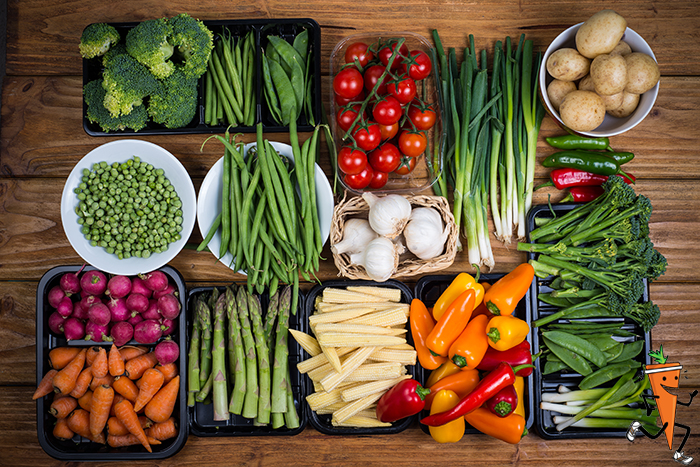Snapshot: Few Americans Vegetarian or Vegan

Animal rights activists have long encouraged Americans to adopt a plant-based diet by becoming vegetarians (abstaining from eating meat) or by becoming vegan (rejecting all animal products)
RJ Reinhart – Gallup
However, fewer than one in 10 Americans adhere to such diets, with 5% in the U.S. now saying they are vegetarians and 3% reporting they are vegans. These numbers are little changed in recent years.
“Sales of plant-based food grew 8.1% in 2017 alone and exceeded $3.1 billion last year”
Americans may choose to cut animal products from their diets for a variety of reasons, including ethical concerns about animals or the environmental impact of agriculture; religious guidelines; or health concerns. Advocates for the changeover to a plant-based diet for Americans have been quick to highlight the purported benefits from a decrease in consumption of meat and other animal products. However, in all of Gallup’s polling on the issue, relatively small percentages of Americans report having adopted these eating preferences.
The percentages of Americans saying they are vegetarians or vegans have changed little over time. Gallup has asked Americans if they consider themselves vegetarians four times since 1999, with 5% or 6% saying they are vegetarian each time. Gallup has asked about veganism in the U.S. twice, with 2% of Americans saying they were vegans in 2012 and 3% now.
Self-described liberal Americans are among the most likely to be vegetarian or vegan. Around one in 10 liberals (11%) say they are vegetarians, and 5% say they are vegans. This is higher than the 2% of conservatives who say they are either vegetarian or vegan.
Americans earning less than $30,000 annually are more likely to identify as vegetarian. Nine percent of this group say they are vegetarian, a higher percentage than is true of Americans in the two higher-income groups. Differences in levels of veganism among these three groups are not statistically significant.
Vegetarianism is slightly higher among Americans under 50 than among those who are older. Eight percent of Americans aged 30 to 49 say they are vegetarian, roughly equal to the 7% of those aged 18 to 29 who say the same. Older Americans are less likely to pursue vegetarianism, with 3% of those 50 to 64 and 2% of those 65 or older saying so. However, there is little meaningful variation by age in the percentages saying they are vegans.
Takeaway: Sales of plant-based food grew 8.1% in 2017 alone and exceeded $3.1 billion last year, and plant-based alternatives to dairy products are soon expected to account for 40% of dairy beverage sales. Increased sales of plant-based foods, without a corresponding increase in the percentage of Americans who say they are vegan or vegetarian, likely indicates a greater overall interest in these products. Based on the growth of the market and Gallup’s latest readings on vegetarianism and veganism, it appears Americans are eager to include alternatives to animal products in their diets but are not willing to give up animal products completely.











